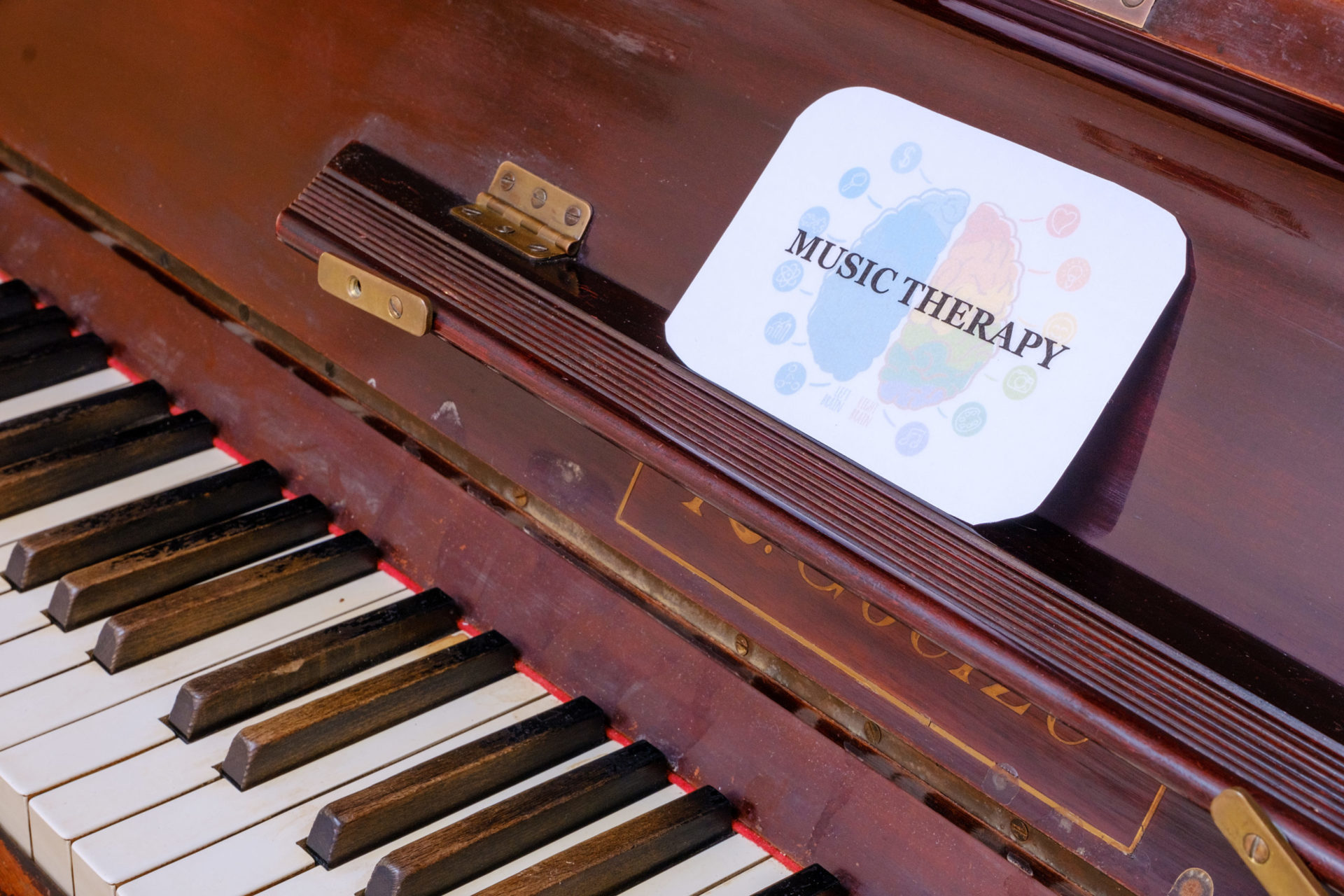Ana Pessoa, Neurologic Music Therapy Clinical Lead at Renovo Care, explores her relationship with music.
“What does music mean to me?” was one of the first pieces of written reflection I produced when I trained to become a Music Therapist.
I revisited the document where I wrote about the significance of music in my life and career choices, and I realised I did not really deepened the concept of meaning per se (maybe I will not here either…). At the time I did not know better, psychodynamically speaking, or perhaps, I was just not ready to see the bigger picture but also the detail within it.
I did write about and reflected on my first “therapeutic” musical experience, one that I hold close to my heart. I had a very close friend, a grandmother figure, who often took me to the beach to play by the sea and to pick up shells. She shared the beauty and immensity of the sea with me as well as the way she perceived its myriad of sounds, scents and shades. In our outings she would sing a Portuguese traditional song that, little did I know, would be an everlasting bond between us.
O mar enrola na areia (The sea curls onto the sand)
Ninguém sabe o que ele diz (Nobody knows what it says)
Bate na areia e desmaia (Hits the sand and faints)
Porque se sente feliz (Because it [the sea] feels blissful)

When, ten years later, she was diagnosed with Alzheimer’s disease, this song seemed to calm her down, even when she no longer had the ability to communicate verbally. Every time I gently sang the “sea song”, she would smile and sometimes drop a tear. To this day I wonder what she was feeling or remembering. I was 17 and it was the first time I truly understood the power of music.
“Our” song became a form of communication between us through the very last stage of the disease until she passed away. Aldridge states that “when the body is failing… the soul requires another form of contact” (Aldridge, 2001, p. 22) and that is exactly what music did for her. I will forever be grateful for having had the privilege of being the medium for that connection to happen, even though at the time I did not fully understand it.
It was not until after her passing that I revisited the meaning of music: what does it mean to me, Ana the woman, Ana the pianist, Ana the therapist, and equality important, what does music mean to my patients.
I have quickly realised that psychodynamic Music Therapy, one of the approaches I practice, is much like chamber music. If there is a lack of attention to detail in the parts, the whole simply does not work. I made the connection between therapy and chamber music because if I, as a therapist, do not treat a patient taking into account all aspects of their being and their lived experience, therapy will most likely not be effective.
There are patients that are not particularly fond of music, so providing music therapy without understanding, in the first place, why are they not fond of music is, arguably, a futile exercise. Therefore, similarly to what I would do if I were to play in a chamber music ensemble where I would read and play all the parts before the first rehearsal, I start by creating a safe space for the patient to express what they are feeling “now”, exploring as far back as they are willing to.
Working with an acquired brain injury population, these feelings often come in the form of frustration, sadness, despair, loss of identity and hopelessness. The process of learning the parts and matching them to a particular sound, timbre or rhythm are profoundly meaningful, both for the patient and for myself as their therapist. Comparably to the process of rehearsing different melodic and harmonic parts, each therapy session feels as though we are putting the pieces of a puzzle together, and, in a magnificent way, Olga’s teachings that were focused on three grand musical aspects, skill, meaning and sharing, permeate and live through the way I exist as a therapist and the way I see and perceive the meaning of music played in my sessions.
I now realise how profound and complex this subject of musical meaning is. Although I still relate with the words I wrote on my first year of training, where music meant, and still means, devotion, care, survival, alliance, faith and freedom, joy and pleasure, generosity and love in their purest forms, I have also come to the realisation that music is the tool that allows patients to navigate through darkness, despair and their very personal “storms”.
And, in a neurologic music therapy perspective, music is the key to light up the whole brain like a Christmas tree birthing new neuro pathways and creating the possibility of rewiring the injured brain. Music is a common ground for lifelong connections like that which I shared with Olga.
So, thank you music for inspiring me in my naivety, for being there for me as I grew. Thank you for challenging me, and for making me question and reflect. Thank you for comforting me in difficult moments, for accompanying me in my success, thank you for giving my patients hope, and for framing lasting memories.
Rest peacefully Olga, my forever “music mother”.

